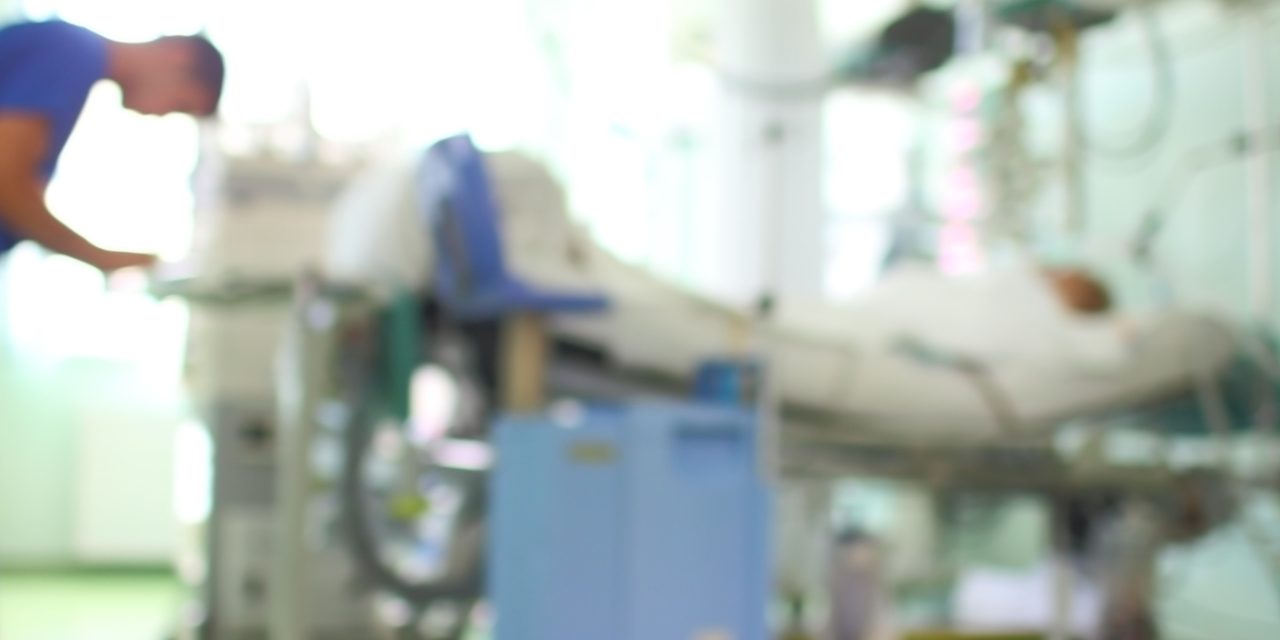C-reactive protein (CRP) is used as a general biomarker for inflammation and infection. During stroke and myocardial infarction, CRP increases and is present in a broad concentration range of 1-500 μg/mL. Therefore, full-range CRP detection is crucial to identify patients who need close follow-up or intensive treatment after a heart attack. Here, we report the first attempt to develop an electrochemiluminescent lateral flow immunosensor (ECL-LFI) that allows full-range CRP detection. Ru(bpy)-labeled gold nanoparticles (AuNPs) are used as a CRP-targeting probe and a signal generator; they form sandwich immunocomplexes at the test line of the strip and generate strong ECL emission via a Ru(bpy)/tripropylamine system. The ECL-LFI shows high sensitivity in detecting CRP in spiked serum, with a limit of detection of 4.6 pg/mL within 15 min, and a broad detection range of 0.01-1000 ng/mL, which is 2 orders of magnitude broader than that of conventional colorimetric LFI. The clinical usability of the ECL-LFI was evaluated using 30 clinical serum samples (200 ng/mL to 5 mg/mL), which showed a good linear correlation ( = 0.9896), with a clinical chemistry analyzer. The results suggest that the ECL-LFI holds great potential for CRP detection in point-of-care diagnostics.
Electrochemiluminescence-Incorporated Lateral Flow Immunosensors Using Ru(bpy)-Labeled Gold Nanoparticles for the Full-Range Detection of Physiological C-Reactive Protein Levels.


